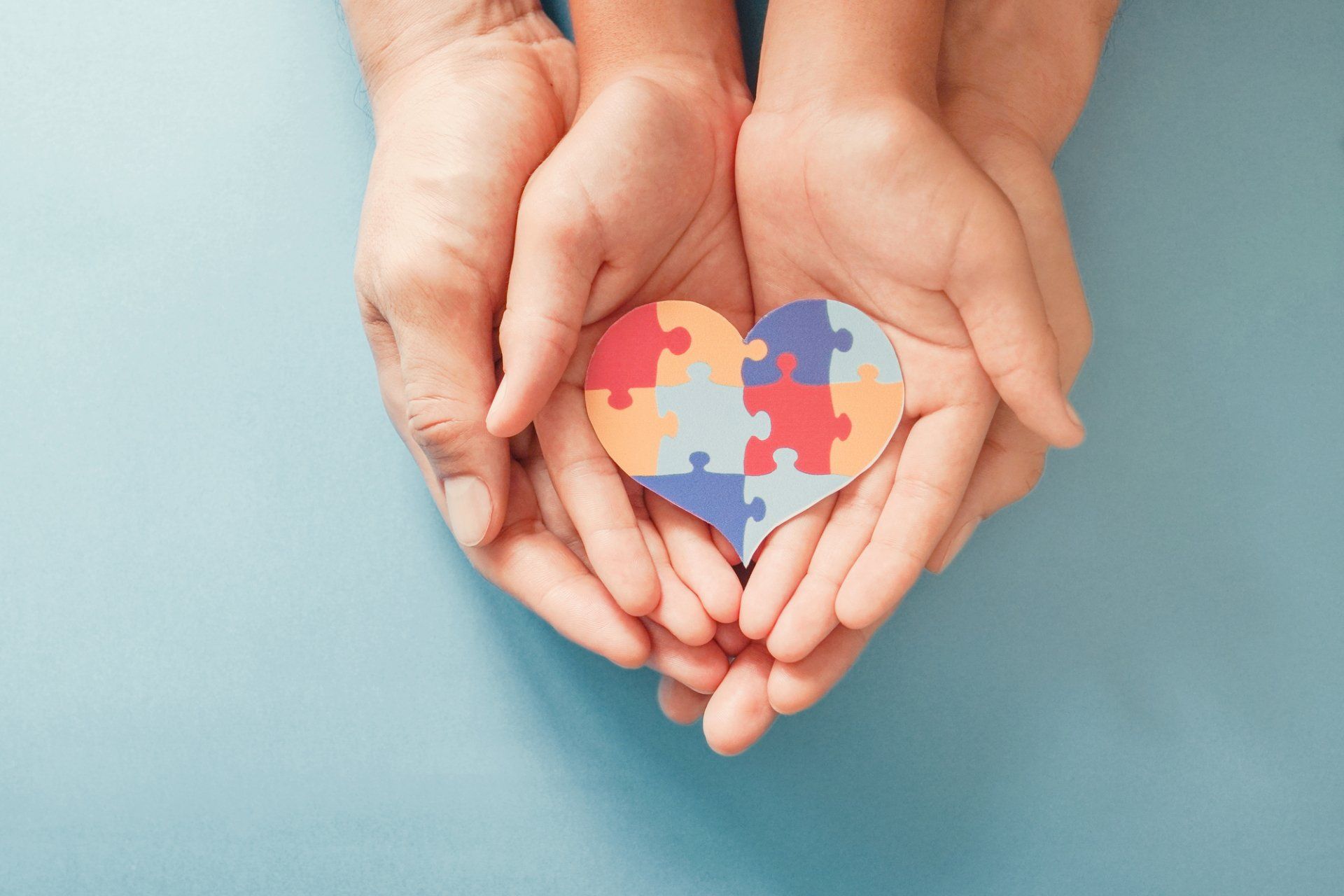Autism Therapy Services
Using contemporary ABA therapy to personalize treatment so your child with autism can thrive
Autism Therapy Services
Using contemporary ABA therapy to personalize treatment so your child with autism can thrive
ABA Therapeutic Services
We at IBH use evidence-based practices to develop the most appropriate treatment for your child with autism and other special needs.










dental implants

microneedling

beverly hills

lip injections

alopecia treatment

hollywood

migraine headache treatment

botox treatment


maxillofacial surgery

palm tree










dental implants

microneedling

beverly hills

lip injections

alopecia treatment

hollywood

migraine headache treatment

botox treatment


maxillofacial surgery

palm tree

Slide title
Write your caption hereButton
Slide title
Write your caption hereButton
Slide title
Write your caption hereButton
"IBH has made the difference between success and failure, understanding and confusion, hope and despair for our family"
- IBH parent testimonial
Our team of professionals will meet with you to understand your concerns for your child. They will thoroughly evaluate your child using observation, play, and specialized assessment tools. From there, they will develop a program that is unique to your child's needs.
How We Help
We Provide an Array of Services
We offer Play Therapy, Individual Therapy, Family/Couples Therapy and Life Skills.
Occupational therapy (OT) is part of our multidisciplinary approach, and helps children with developmental delays and disabilities learn to perform the activities of daily life such as eating, dressing, and playing with friends.
In-School Behavior Support
teleABA offers your family an effective alternative to in-person services by providing ABA therapy via computer, tablet or smartphone.
Social Skills
Speech and language therapy can also be part of a multidisciplinary approach. Challenges with speech are a common sign that a child might need supportive services.
Comprehensive In-Home Services
We work with your child on:
- Communication skills
- Independent living skills
- Adaptive skills
- Self-Help skills
- Social and Play skills
- Feeding skills
- Leisure skills
We emphasize on parent support and training. Our goal is to transfer all the skills to you as parents so you can be your child's life-long ABA therapists.
In-School Behavior Support
We have partnered with a number of school districts in the Inland Empire to provide behavior support services to your child in his or her classroom.
Social Skills
In our monthly social skills groups, we pair your child to other same age peers to help them practice a variety of social skills such as greeting, turn taking, play skills, and waiting.
How We Help
We Are Here for You!
IBH services San Bernardino and Riverside Counties. We have a team of over 200 staff including Ph.Ds., BCBAs, and Master Level staff ready to service your child and your family. We collaborate with a team of other professionals including speech pathologists, occupational therapists, physical therapists, pharmacists, nutritionists, your child's primary care physician, and classroom teacher when needed to develop the most appropriate program for your child.
Our goal for your child is to reach maximum independence!

Individualized Services
Your child's program will be unique to his or her individual needs. Our goal is for your child to reach his or her ultimate potential.

Collaboration
We collaborate with a team of professionals including your child's classroom teacher when needed to make sure we provide the most appropriate treatment for your child and that there is consistency across all environments.

Parent Training
We will partner with you from day one to make sure the treatment plan meets the needs of your family. We will include you in our daily sessions and give you all the tools to become your child's ultimate therapist.
Start Your Career - But Never Stop Growing
Our people make a difference, while working at the forefront of autism treatment.
Build a career that matters and makes a difference in the lives of families, while working with leaders and pioneers in ABA therapy who go above and beyond to support your growth and learning—and guide you every step of the way.

“My passion is collaborating with families to develop programs that are unique to each individual and give children the tools they need to live their most meaningful and fulfilling lives.”
Join the IBH family where your passion becomes your career!
At IBH, there is room for personal and professional growth! If you think our mission and values are a good fit for you and are interested in working at IBH, please search our currently open positions.

“Life comes in all shapes, sizes, and skills. With the understanding that every individual is different and unique, it can be difficult to navigate through life’s many hurdles and hills. My great passion is to bring support to families going through the tough journey of life, especially for individuals with developmental or behavioral disabilities. Using individualized programming and treatment strategies, I work with clients, who range from infants to adults, to promote independence in everyday tasks and skills to increase their quality of life."
Parent Resources



Let’s Talk
We know how easy it is to get overwhelmed—and are here to support your journey.
Reach out, and we’ll guide you on where to start.
Let’s Talk
We know how easy it is to get overwhelmed—and are here to support your journey.
Reach out, and we’ll guide you on where to start.
Let’s Talk
IBH, where your family becomes our family!
Reach out, and we’ll guide you on where to start.
© 2024, All Rights Reserved , Powered by Solution21







